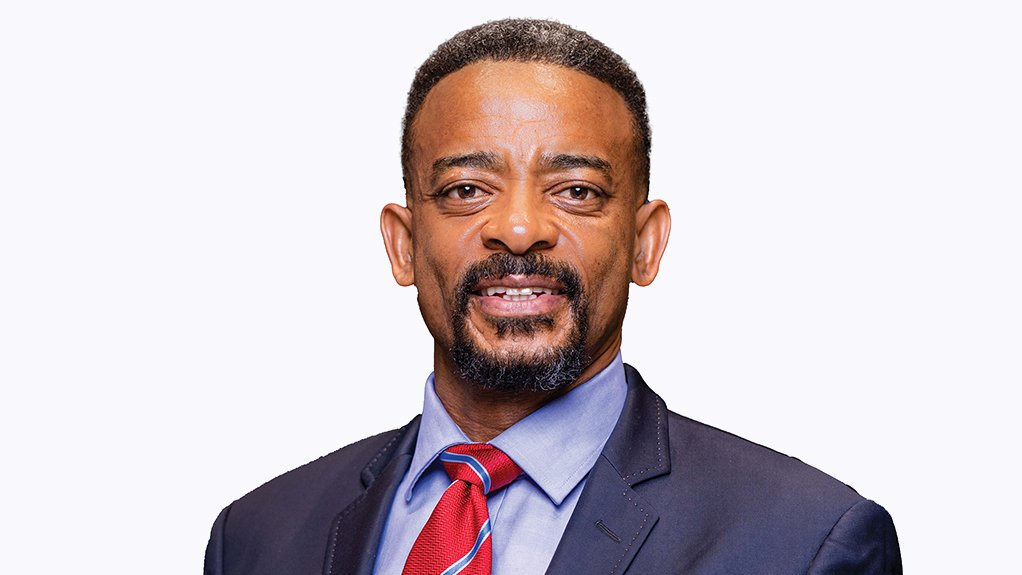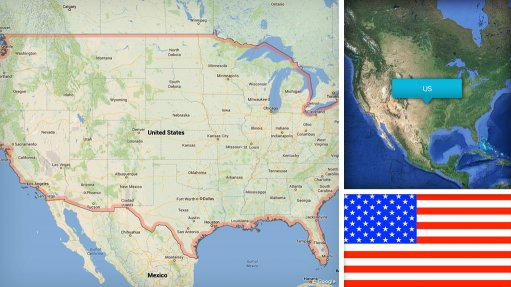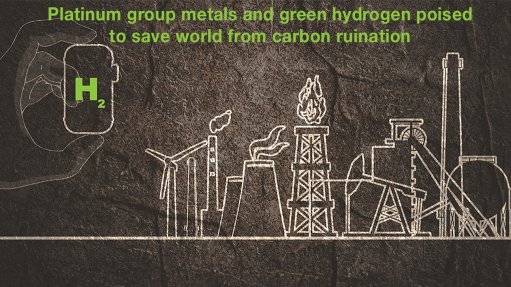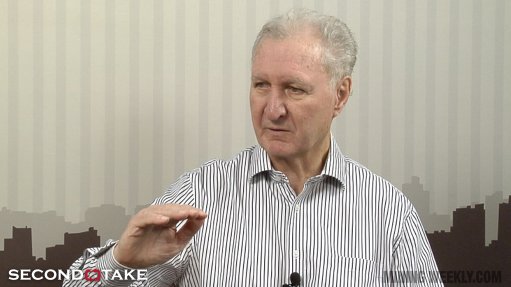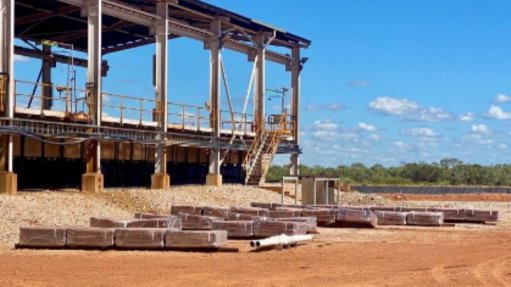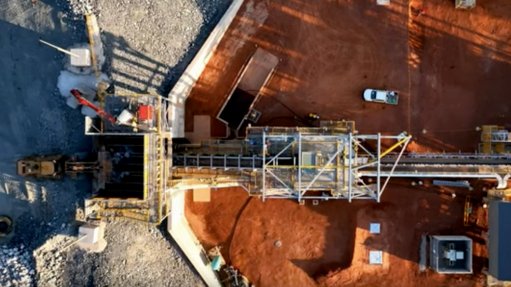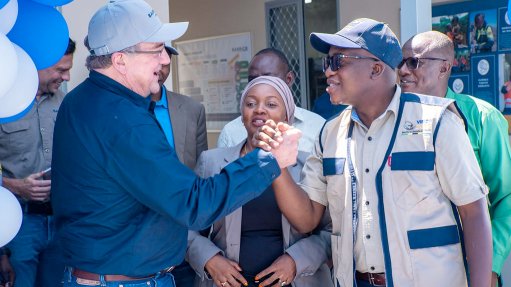How 30 years of democracy has transformed South Africa's mining industry
JOHANNESBURG (miningweekly.com) – South Africa’s 30 years of democracy has changed the character of this country’s mining industry profoundly, Minerals Council South Africa emphasised in a report that highlights the industry’s significant advance since the dawning of democracy in 1994.
Importantly, South Africa’s highly regarded mine employees earn among the most competitive wages in the major job sectors, with tens of thousands of employees now direct partners in mining companies through employee share ownership programmes and profit-sharing schemes.
Mining is providing employees with profound opportunities to improve their lives and livelihoods as well as those of their families.
Steadfastly, the South African mining sector has increased workforce diversity, improved health and safety, crucially, and provided far-reaching training and education to develop skilled employees in tandem with innovation and technology developments.
Prior to 1994, black mineworkers were prevented from securing managerial positions, women were barred by law from operational activities, and mineworker pay was kept low.
Thirty years on, South African mining has an unrelenting focus on transformation and inclusion as it strives to address its legacy.
“We have made enormous progress in the past three decades since 1994,” Minerals Council South Africa CEO Mzila Mthenjane highlighted in a release to Mining Weekly.
While significant strides in the transformation of management, the inclusion of women in all aspects of mining, and improved health and safety are acknowledged, the need for ongoing effort is recognised.
“We have more to do and we’re intent on establishing a modern, inclusive, and transformed industry, which will expand, adding more meaningful jobs, both within the sector and downstream value chains and increasing our significant contribution to South Africa’s society and economy,” Mthenjane stated.
OVERWHELMINGLY HISTORICALLY DISADVANTAGED
Against the backdrop of 83% of employees in the mining industry being historically disadvantaged South Africans (HDSA), the Mining Charter 2018 – which was negotiated between government, unions and the industry – set a target of HDSAs holding 60% of middle and senior management roles, which the industry has come close to reaching, with 57% of middle management and 58.4% of senior management now made up of HDSAs,
However, to reflect economically active population demographics, the industry has more work to do on its transformation journey to be more inclusive and reflective of the country’s demographics.
While in 2003, shortly before the Mining Charter came into effect, women accounted for only 3% of the workforce, women made up 19% of mining employees in 2023, up from 17% in recent years.
Also in 2023, the mining industry was one of the few economic sectors to grow employment, adding 7 600 jobs, providing work to more than 477 000 people and accounting for 4.7% of formal employment.
Salaries grew by R12-billion to R186.5-billion and over the past 15 years, increases in wages across the mining sector have been above the consumer price index (CPI), reflecting both the real wage gains in the sector by employees and a consistent narrowing of the earnings gap between lower and higher income employees.
Communities are also beneficiaries of the community benefit schemes that invest in infrastructure and community needs, above and beyond the compliance requirements of the Social and Labour Plans.
Some R7-billion a year is spent on human resource development, which includes mandatory, operational and safety training as well as education and skills development.
SAFETY ADVANCE
Since 1994, the number of mining fatalities has fallen by 88% to 55 in 2023, with major breakthroughs in fall-of-ground-related fatalities.
Safety is the foremost concern of the Minerals Council and its members, with CEOs meeting frequently through a CEO Zero Harm Forum to share learnings and interventions from incidents, and for in-depth discussion on safety and health improvement strategies which are cascaded to mine operations.
Basic wages are 17% above those of comparably skilled workers in other industries such as manufacturing, construction, transport and business services, backed by high-level skills development, on which R5.1-billion was spent in 2023 at a cost of between R14 000 and R22 000 per full-time employee.
In addition to day-to-day training for all employees, R120-million has been invested to fund 3 200 bursaries.
Ten of the 12 companies surveyed for the report had close to 5 000 of their employees undergoing learnerships, working towards a large cohort of newly skilled employees being prepared to occupy senior positions in the industry.
A large proportion of the bursars and learners are women. The survey shows that the bulk of social expenditure by mining companies is on health and education and improving the lives and livelihoods of communities.
Comments
Press Office
Announcements
What's On
Subscribe to improve your user experience...
Option 1 (equivalent of R125 a month):
Receive a weekly copy of Creamer Media's Engineering News & Mining Weekly magazine
(print copy for those in South Africa and e-magazine for those outside of South Africa)
Receive daily email newsletters
Access to full search results
Access archive of magazine back copies
Access to Projects in Progress
Access to ONE Research Report of your choice in PDF format
Option 2 (equivalent of R375 a month):
All benefits from Option 1
PLUS
Access to Creamer Media's Research Channel Africa for ALL Research Reports, in PDF format, on various industrial and mining sectors
including Electricity; Water; Energy Transition; Hydrogen; Roads, Rail and Ports; Coal; Gold; Platinum; Battery Metals; etc.
Already a subscriber?
Forgotten your password?
Receive weekly copy of Creamer Media's Engineering News & Mining Weekly magazine (print copy for those in South Africa and e-magazine for those outside of South Africa)
➕
Recieve daily email newsletters
➕
Access to full search results
➕
Access archive of magazine back copies
➕
Access to Projects in Progress
➕
Access to ONE Research Report of your choice in PDF format
RESEARCH CHANNEL AFRICA
R4500 (equivalent of R375 a month)
SUBSCRIBEAll benefits from Option 1
➕
Access to Creamer Media's Research Channel Africa for ALL Research Reports on various industrial and mining sectors, in PDF format, including on:
Electricity
➕
Water
➕
Energy Transition
➕
Hydrogen
➕
Roads, Rail and Ports
➕
Coal
➕
Gold
➕
Platinum
➕
Battery Metals
➕
etc.
Receive all benefits from Option 1 or Option 2 delivered to numerous people at your company
➕
Multiple User names and Passwords for simultaneous log-ins
➕
Intranet integration access to all in your organisation



